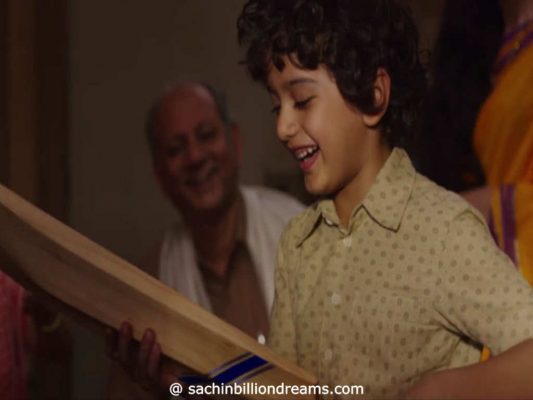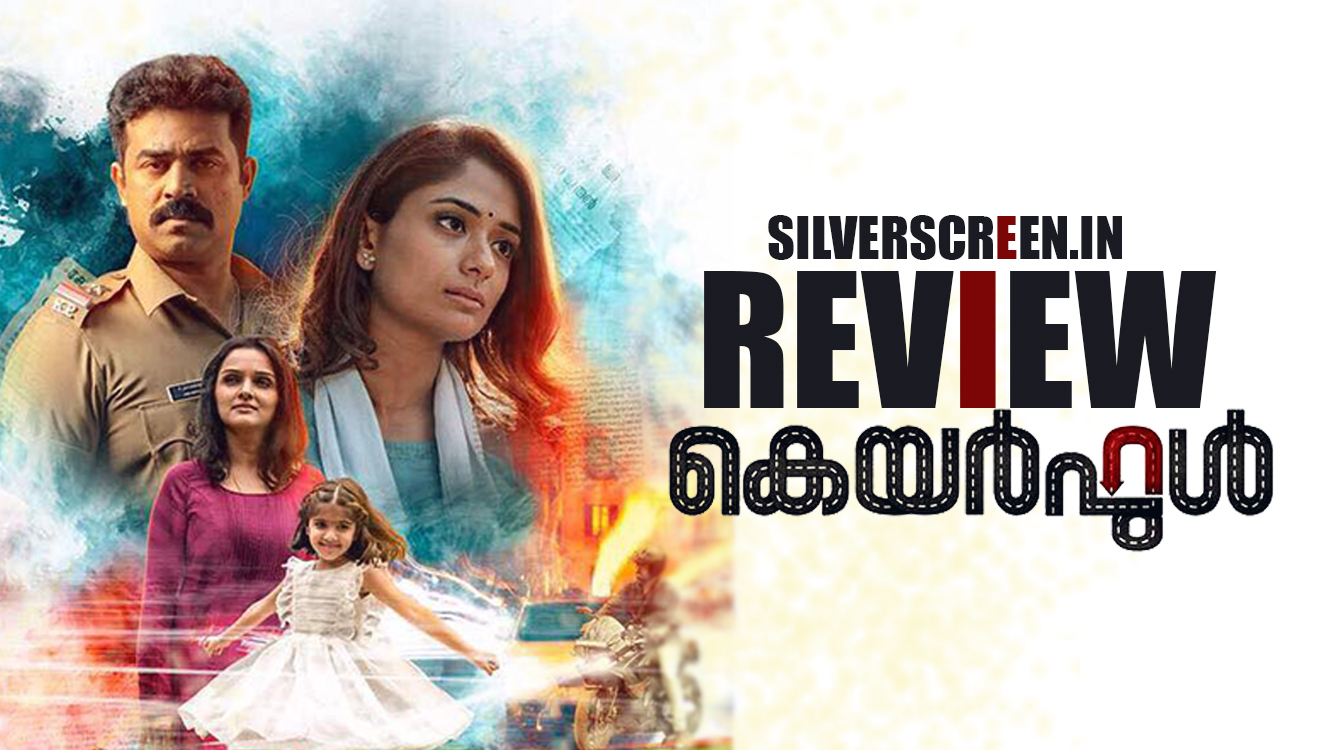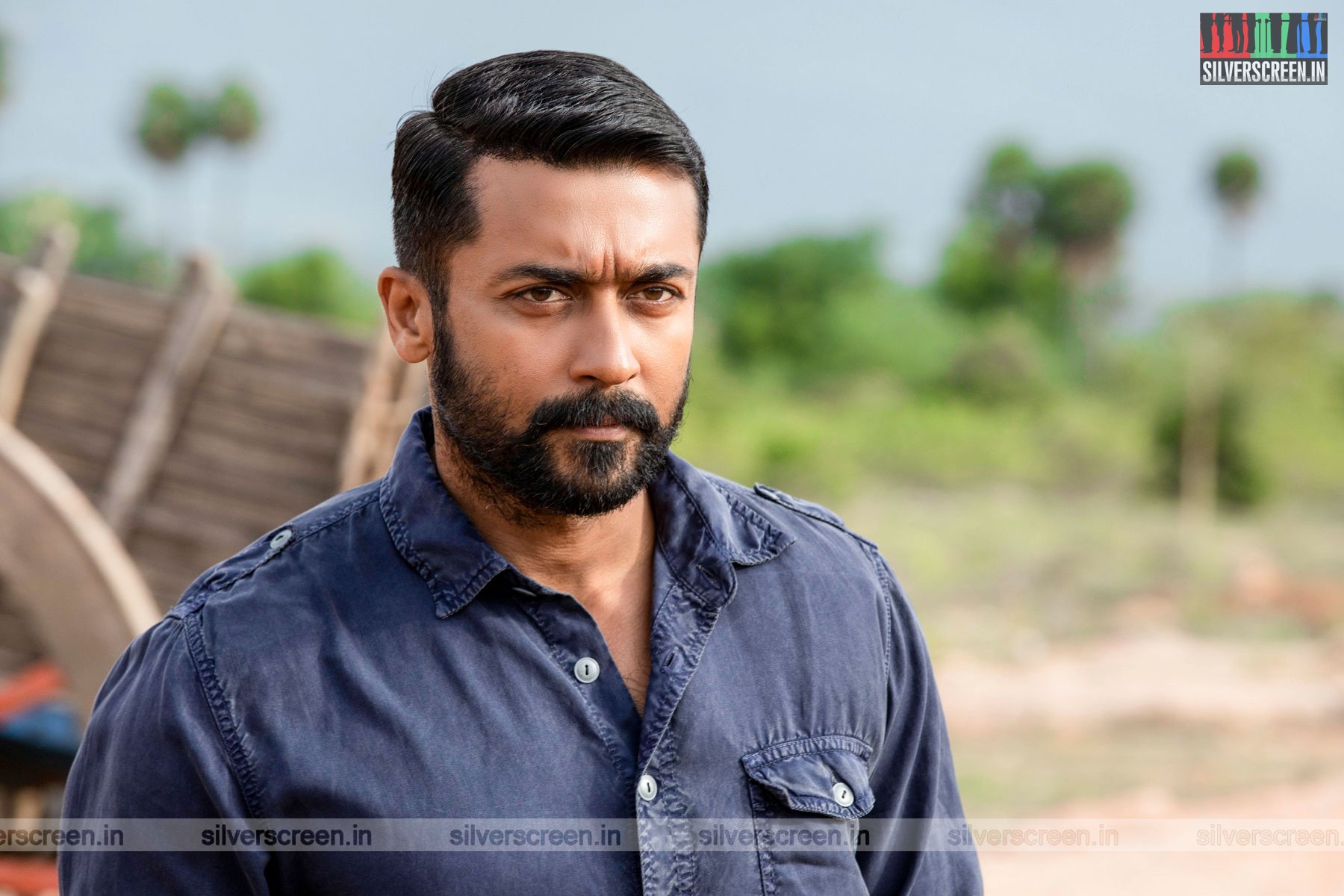In the universe of comics and graphic novels, and films based on them, Superheroes often have origin stories. We read that Wonder Woman was sculpted from clay by her mother Queen Hippolyta and blessed by Aphrodite. We know of Kal El and Krypton. And we’ve seen where Wolverine gets his claws from.
In India too, we have the popular Amar Chithra Katha series of graphic novels/comics that told tales from Hindu mythology. Often presenting the most uncomplicated parts of the mythology, Amar Chitra Katha nevertheless gave many Indian kids origin stories about their gods and goddesses.
Occasionally, origin stories go back and rewrite history – change some facts to make the hero sound more in line with present-day ideology, or create a consistent backstory and an overarching narrative impulse, so that for us, the readers, it feels like the hero manifested on earth for one purpose alone.
Sachin, A Billion Dreams – is that origin story.
***
How do you take someone who’s already seen as a god, and make a film that furthers this apotheosis? How do you do this when, through the ’90s and 2000s, every newspaper, TV channel, and sports columnist, has done it over and over, and over, again?
James Erskine’s Sachin is the god, come on earth to live among mere mortals. He suffers privations and persecutions, but his goal is forever unchanging. The lifting of the cup, and through that the upliftment of Man.
The documentary (and what a documentary! A nation-wide release in every big and small theatre, tax-free status in five states, and the personal blessing of a Prime Minister who did not have time to meet drought-hit, protesting farmers) gives Sachin Tendulkar true purpose: the World Cup for India. Never mind that the national cricket team had already won the cup against a formidable opponent in a ground far from favourable, home-like conditions.
Presented simultaneously in English, Marathi, and Hindi, and with English subtitles throughout, Sachin, A Billion Dreams, makes full use of direct, personal access to Sachin Tendulkar and his family, and the Indian cricket team, archive clips, home videos, news reports, interviews with friends and co-workers, and an AR Rahman background score – all to build a three-act play through which our favourite evil men of cricket are firmly denounced, and our hero is absolved of any and all shortcomings.

Sachin is produced by Ravi Bhagchandka, Bhasi Srikant, and others, written by Siva Ananth and James Erskine, with dialogues by Sandeep Shrivastava and Ajit Bhure. Tendulkar’s childhood and early years before his India debut are recreated with a young, curly haired kid more intent on causing mischief than winning the World Cup for India.
***
In Dangal, Aamir Khan’s Mahavir Phogat asks his wife to give him just one year – a year in which he will try and shape his daughters in his mould even against their wishes. If, after that one year, the girls still wanted to go back to their old life, he would give up his dreams. This is presented as a great choice, as full agency that the wife and girls have in deciding their lives.
However, we know it is never going to be that. Life will be ordained by the man.
Similarly in Sachin, A Billion Dreams, Sachin Tendulkar says he and Anjali had a talk after they married, and it was she – Anjali – who decided to give up her career as a doctor in order to support Sachin’s life as a sportsperson. But a bit later in the film, Anjali says that Sachin requested her to give up her career, to stay at home and take care of the family while he quests after sporting glory. Further into the film, Sachin says that he needed a Life Partner, a woman who would stand by him always.
Perhaps, Anjali didn’t have much of a choice after all?
I have never been a big sports fan, although I will admit to having gone to Chepauk stadium on more than one occasion to see the big matches. So a glorifying documentary film on a sport-star isn’t my first choice of weekend entertainment. However, these confessions made this a film worth watching, for me.
Despite the earnest attempts of people like Harsha Bhogle and Ravi Shastri, and Sachin himself, to build up the strongest hero, these little bits of inadvertent reveals put the chink in the man’s armour.
***
Heros need their villains. In Sachin, the villains are those who dare befoul cricket, and its only god: Mohammad Azharuddin and the match-fixing scandal of 2000, and later Greg Chappell and the World Cup failure. I have liked Azharuddin since I saw the old Pepsi ads with him, and the later ‘Nothing Official About It’ 1996 world cup campaign. While it is perhaps true that he resented playing under Tendulkar’s captaincy, in Sachin, this is made out to be a huge issue, as if the entire match fixing scandal began here.
It has been a decade and more after the scandal, and 5 years after a court of law lifted the ban on Azharruddin, but cricket lovers in the country still see him as an evil, evil man. This despite the fact the Azhar led India to victory in more matches – both in ODI and Test – than any other captain before him. Meanwhile, Navjot Siddhu is an active politician and cricket commentator, despite being convicted of killing another human being.
In a documentary that goes to some trouble to explain away Tendulkar’s failings and failures, this one-sided accusation of Azhar seems hypocritical. Why not have the man tell his side, and let the world judge? Yes, there is 2016’s Azhar, but that film did not (and will not) get even half the viewership Sachin will eventually get, and in any case has been already panned as a fictionalised version of events.
***
Throughout the film, we take Tendulkar at his own estimation of himself. Or at Harsha Bhogle’s fawning tribute to him.

In one section, Harsha Bhogle says that the story of Tendulkar, is the story of India. And true enough, at every point in the film, Writer Siva Ananth, director Erskine, and the editors Deepa Bhatia and Avdesh Mohla, draw parallels.
Every Prime Minister of the country during the years appears, in clips and newsreels. ISRO’s successful launches are shown as mere metaphors for Tendulkar’s sixes. Cricket whites gain colour and character after Tendulkar appears on the scene, and incidentally, after 1991 and the opening up of India’s economy. Coinciding with the greater availability of colour television and cable television.
Speaking of parallels, there’s our present right-wing, Hindutva-led government, and there’s the centrality of Hinduism and how crucial worshipping those gods is to Sachin’s success. One archive clip shows Tendulkar and Ganguly seated in the middle of the ground, perhaps at a pre-match team huddle. Tendulkar is fervently praying – hands joined, neck and face lifted up to the sky. Ganguly watches in amused silence. Tendulkar has already established his god-fearing nature: his kit contains pictures of gods and sages, showering their blessing on that famous heavy bat, and his custom padding.
Much later, during the (highly politicised) Ganesh Chaturti celebrations in Bombay, Tendulkar and his entire family are at home – at a special puja. We’ve just heard Harsha Bhogle tell us that Sachin’s tennis-elbow injury is the worst injury of his career, and more pertinently – he practically introduced the injury to Indians. As visuals of the worship unfold, we hear Tendulkar tell us that he couldn’t lift his arm to get a drink of water, and as if to prove it, we see his eyes streaming with tears – as he moves his arms in circles to present the Aarti to God.
And then – he goes out on to the field – hits a few fours, sixes. Scores a few dozen centuries and overtakes Sunil Gavaskar’s record. What more proof do you want?
Religious organisations and parties could take this bit and play it at every recruitment drive and festival: Tendulkar is god. And that god prayed to the true Hindu god and became more successful.
***
Recommended
In the end however, thanks mainly to Anjali, Sara, and Arjun – we see Tendulkar at his human best. A father who cares about his children, a son who wants to be everything his own father was to him. A husband who truly loved his wife. Those private, till-now unseen moments are the truly moving moments of the film. You know Tendulkar loved his father – we’ve all heard him say this in England, 1999. But those shots of his mother, the family’s very real grief, and the catch in Tendulkar’s voice when he says he came back to play for the team. Those things turn god into man, a man with his own hopes and troubles. Someone who tries, just like we all do, to find meaning and purpose in life.
*****
The Sachin, A Billion Dreams review is a Silverscreen original article. It was not paid for or commissioned by anyone associated with the movie. Silverscreen.in and its writers do not have any commercial relationship with movies that are reviewed on the site.



